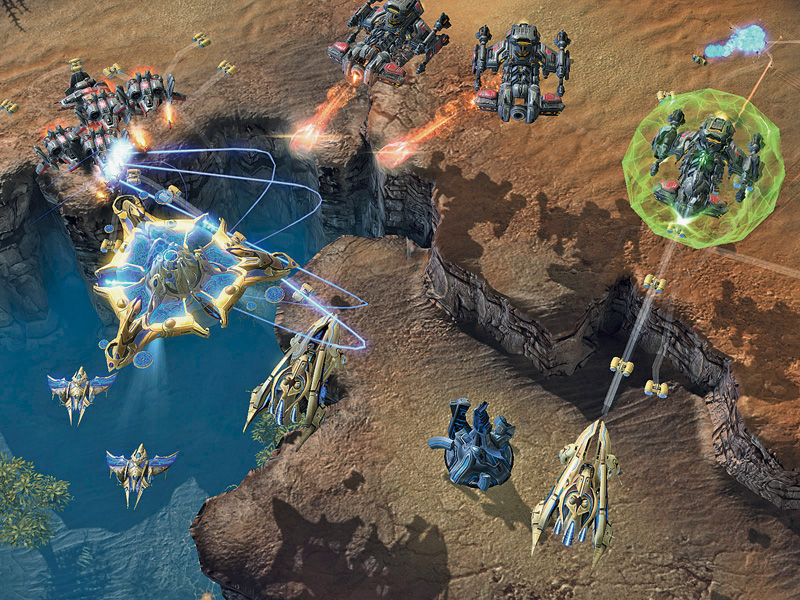A brave new world for Mac games
Games are about to get exciting on the Mac again

Sign up for breaking news, reviews, opinion, top tech deals, and more.
You are now subscribed
Your newsletter sign-up was successful
Back in 2007, games developer Valve's Gabe Newell said:
"We'd love it if (Apple) would get serious about (games). But they never have…It seems bizarre because it's like one of the biggest things holding them back in the consumer space. If you look at a Macintosh right now, it does a lot of things really well compared to a Vista PC, but there are no games." He was right, it was bizarre.
And it continued to be bizarre until the March of this year, when Valve announced it would be releasing its Steam digital download service for games on the Mac – which accounts for 70% of online games sales – as well as releasing all its past and upcoming Source-engine games.
Why the change? John Cook of Valve: "The Mac is a very attractive platform for entertainment as a service." But it's been around since 1984. Why wasn't it attractive before?
For years gaming on the Mac was possible, but undesirable; the user base relative to the PC was low, almost no-one had a graphics card that was designed for gaming, and because of compatibility issues games had to be made from scratch rather than ported.
Moreover, where Linux always shared the same IBM architecture and had a devoted network of hardcore volunteer programmers, the Mac had too many obstacles to overcome at once, and not enough people willing to meet the challenge.
The advantages it did have were standardisation and an untapped, relatively wealthy market, enough to tempt only a few intrepid developers. However, with the shift from the PowerPC architecture in 2006 to Intel architecture, every Apple's innards suddenly became functionally equivalent to those of a typical Windows PC.
Sign up for breaking news, reviews, opinion, top tech deals, and more.
Gavriel State, CTO of game-porting experts Transgaming, explains: "The biggest (remaining) hardware difference is on the desktop side, where most PCs use add-in cards for graphics, while only Mac Pros have upgradable graphics cards on the Mac side." So developing on the Mac was easy but apparently not desirable for Apple.
Newell again, pre-2010: "I just don't think they've ever taken gaming seriously. And none of the things developers ask them to do are done. And as a result, there's no gaming market there to speak of. We'd love it if they would get serious about it. But they never have, and can't even follow through on any of their commitments for game developers."
Apple was interested, but gaming was never a focus. Perhaps wisely, its longer-term plan was more concerned with securing its current market – whether that was music or mobile phone – rather than pushing the Mac into a direct competition with the next generation of consoles as they launched.
Four years on, those 'new consoles' are starting to look weary in comparison to what a specced-up Mac or PC can handle, and suddenly the Mac looks attractive.
Instead of £40 games that require systems worth hundreds of pounds, now you can get quality games for pennies. Indeed, you can get exactly the same version of Football Manager on your iPhone for £7 that costs £25 on the PSP – and that's regarded as overpriced!
Indie developer James Brown, of Ancient Workshop, makes the key point, though: "The real change that's happened here is not so much the hardware as the general resurgence in Apple's fortunes. It's no longer a niche; it's something you develop for as a matter of course."
The glorious success of the iPhone is really bleeding over onto Apple's main systems, at exactly the time its putative rivals have stumbled.